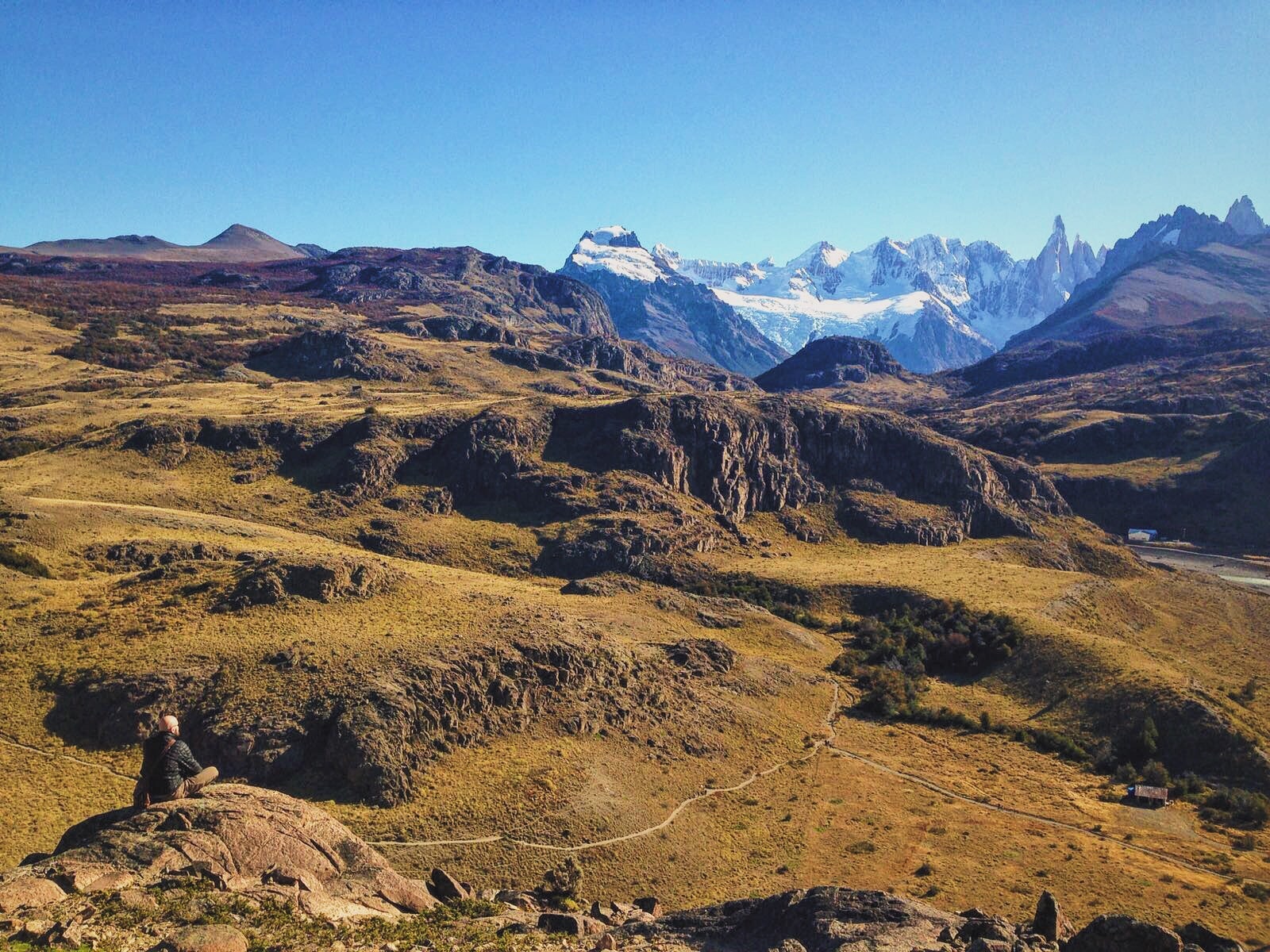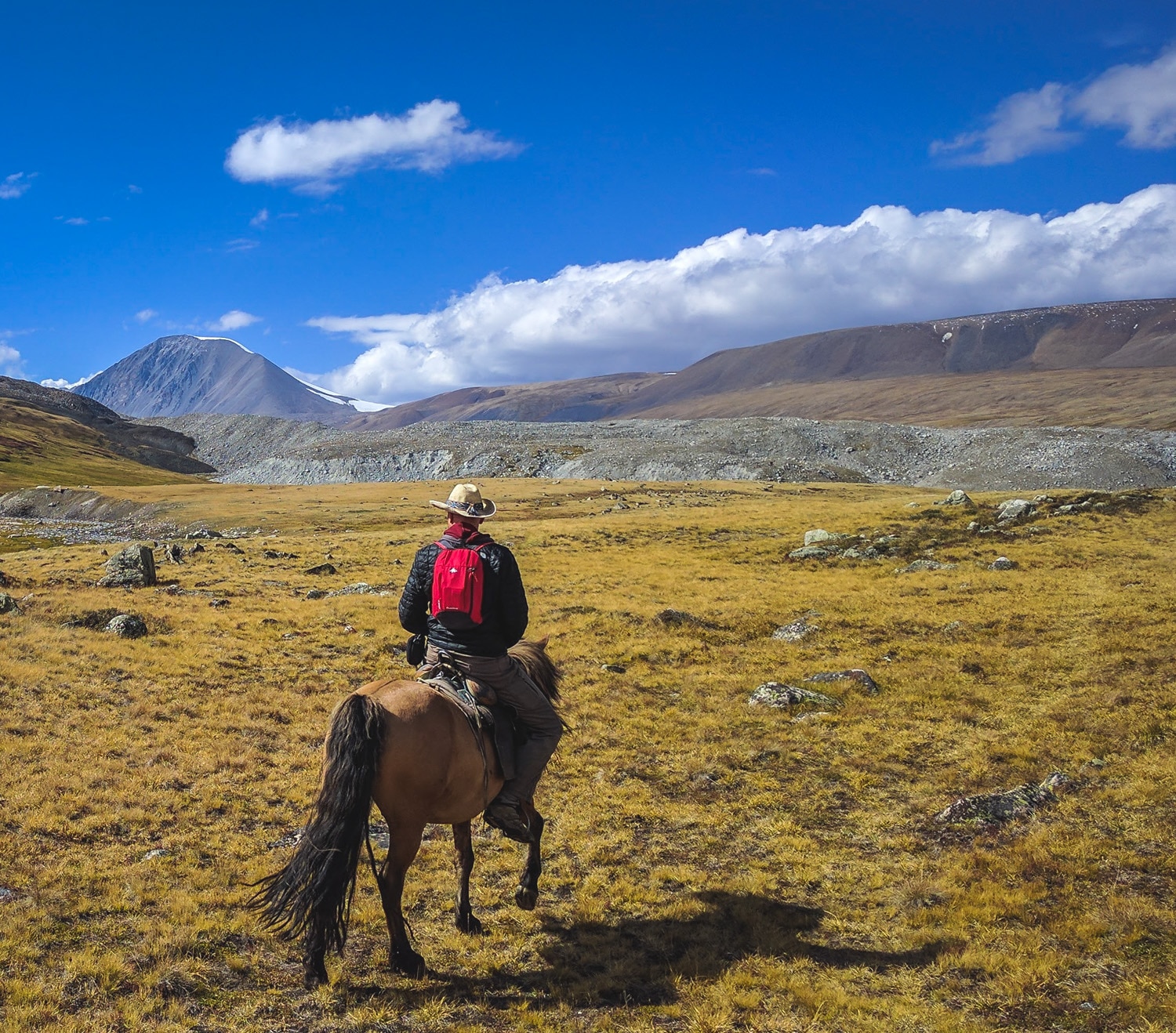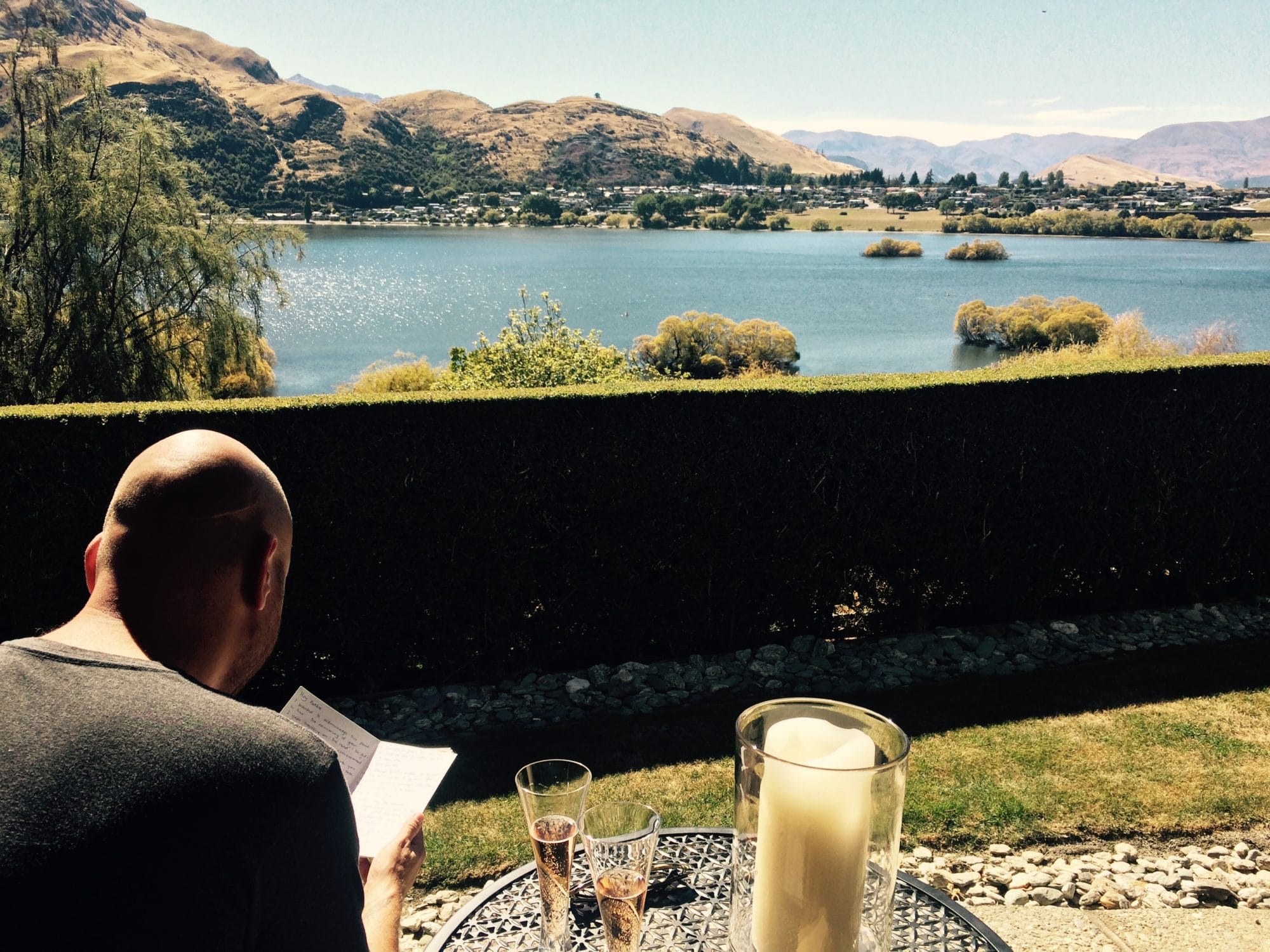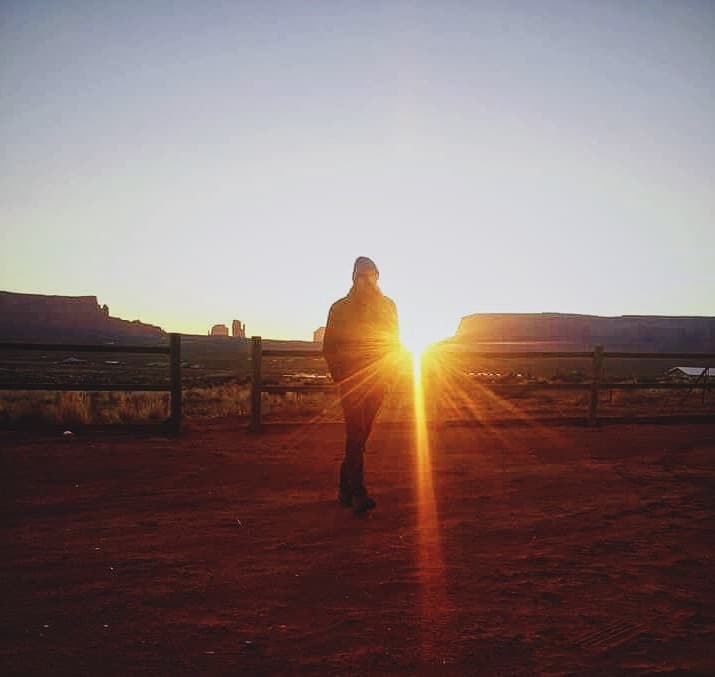Maybe you’re curious what the name “The Lost Pilgrim” means. Or perhaps you’ve wondered about the thoughts behind it. It’s time for me to answer those questions at last, after two-plus years of writing this website.
Travel captivates my heart as a hero’s journey “call to adventure,” as I’m sure it does for many people. So to begin, I wanted a title that evoked the classic feelings of romance and significance that are fundamental to any quest.

I also know how hard I fought to make my own adventure a reality. I sheltered a candle of faith against storms of doubt for half my life, among other triumphs. And I weathered a share of tragedy, too. Any label I’d give to my travel writing would therefore also need a personal component to accompany the universal themes.
I could’ve agonized for months over the right words to capture those qualities. But “The Lost Pilgrim” arrived on its own one sunny morning as I was writing in my journal, as inspiration often does.
Its gravity distinguishes it from most of today’s travel writing, which breezes by with a weightless, escapist tone. For that reason I’ve considered changing the title. I’m careful to take what I do seriously without being self-serious. And some days I feel more romantic than others.
But I keep coming back to those three words. They capture the essence of what I’m doing and why. The inspiration was right.

WHAT’S IN A NAME
“The Lost Pilgrim” may have chosen me, in a sense. But I also chose it. I examined every word before I settled on the title. So let’s unpack the phrase, and see what’s inside.
“The”
Conceptually, “THE Lost Pilgrim” feels better defined than “A Lost Pilgrim” does. And grammatically, the word “the” personalizes the idea, making it mine.
Not bad for a humble article.
“Lost”
This word probably causes confusion. I don’t mean “lost” in the sense of “Not all who wander are lost.”

I mean my sense of having been displaced from my people, or tribe. Think “losing someone in a crowd.”
Thankfully, I’m not as “lost” as when I started.
“Pilgrim”
The Oxford English Dictionary defines “pilgrim” as “A person who journeys to a sacred place for religious reasons.”
My journey is purposeful. My destination is sacred. And my reasons for traveling are more than material.
Except my destination is not just a physical place.

WERE I NOT PILGRIM CALL’D
Like a pilgrim, I’ve undertaken an odyssey that’s for me. It’s also for something larger than me.
This journey is my tale. And it’s the telling of a much older one.
I chose my path. Yet sometimes, I know I had no choice at all.
Along the way I’m seeking others who will help me understand what I see of the world, and help me see more.
Finally, I’m not “a” lost pilgrim, one of many. I’m me.
And this site is my story.

How did you interpret the meaning of “The Lost Pilgrim”? If you had a blog that told your story, what would you call it? Leave your ideas in the comments below.
[yikes-mailchimp form=”3″]




